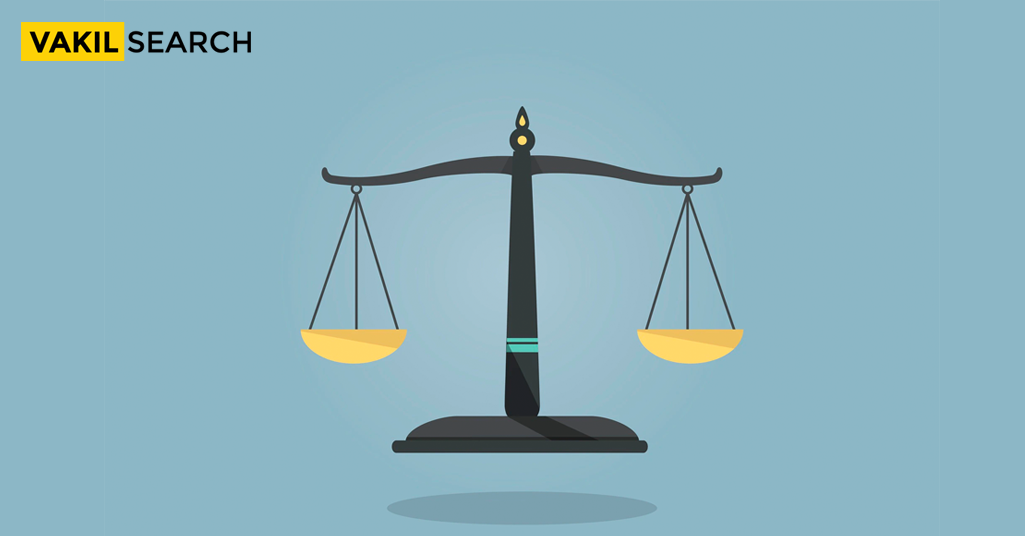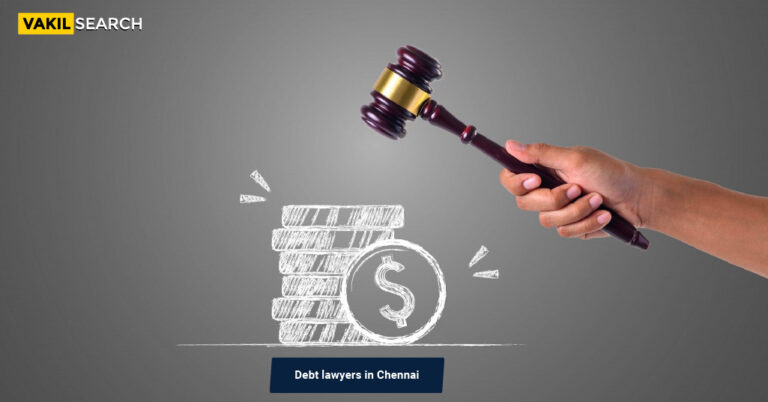Indian laws have been updated to include a specific law on what damages can be recovered if someone has not returned the money they owe you. The article describes the case and provides details of how to pursue the case in court.
Overview
Legal Action for Not Returning Money – Financial disagreements can arise when borrowed money isn’t returned. Knowing your legal options empowers you to take action and recover what’s owed. This guide explores effective strategies for individuals and businesses facing unreturned funds
Don’t let unpaid debts go unnoticed! Reclaim what’s yours: Here are legal options for recovering borrowed money.
- Send a written demand for payment.
- File a case in the small claims court.
- Hire a lawyer to file a case in the appropriate court.
- File a police complaint if you think you have been cheated.
- Get an order from the court to attach the person’s property.
- Enforce the order by hiring a recovery agent to seize the person’s property.
While lending money can be a helpful act, it’s important to have clear agreements in place to avoid misunderstandings and potential conflict. Unfortunately, some lenders resort to threats or illegal tactics to collect debts. This only creates more problems and can even lead to legal trouble for the lender.
Legal Action for Not Returning Money
By understanding these crucial steps, you can navigate the legal process and potentially recover the money owed to you.
Gathering Evidence
Before taking legal action, gather all relevant information:
- Debtor’s Details: Name, contact information.
- Debt Documentation: Loan agreements, signed contracts, receipts, emails confirming the agreement.
- Damages Incurred (optional): Proof of any additional costs due to the non-payment.
Prioritizing Communication
Before legal recourse, attempt to negotiate a repayment plan with the debtor directly. Open communication can often lead to a mutually agreeable solution.
Considering Debt Collection
If negotiations fail, explore hiring a licensed debt collector. They can handle the communication and collection process on your behalf, adhering to legal regulations.
Statute of Limitations
Each jurisdiction has a statute of limitations that sets a deadline for filing a lawsuit. Be aware of this timeframe to ensure timely action.
Building Your Case
If legal action becomes necessary, prepare all evidence:
- Loan agreements or contracts with the borrower’s signature.
- Proof of the outstanding debt amount.
- Documentation of any damages incurred due to non-payment (e.g., late fees).
Before Legal Action: The Amicable Route
Before taking the route of lawsuits, consider a friendly approach.
-
Communication is Key: Have a clear conversation with the borrower. Remind them of the agreement and the outstanding amount.
-
Formalize a Repayment Plan: If a verbal agreement exists, draft a written repayment plan outlining the amount owed, interest (if applicable), and installment schedule.
When Talks Fail: Legal Courses of Action
If attempts to recover the debt amicably fail, legal action becomes an option. Here’s what you need to know:
Choosing the Right Court
- The appropriate court depends on the amount claimed.
- For smaller claims, consider the Courts of Small Causes.
- For larger sums, you might need to file a suit in the District Court or High Court.
Evidence is Everything
Gather all proof of the loan transaction. This includes bank statements reflecting the transfer, loan agreements, emails, or even witness testimonies.
Filing the Lawsuit
Draft a plaint, a legal document outlining your claim, and submit it to the chosen court through a lawyer.
The Court Process
The court will issue a summons to the borrower. The following stages involve hearings, presenting evidence, and potentially witness testimonies.
Order and Execution
If the court rules in your favor, it will issue a decree ordering repayment. In case of non-compliance, you can seek execution of the decree, which may involve attaching the borrower’s assets.
Important Considerations
-
Time Limits: In India, the Limitation Act, 1963, prescribes a time limit for filing lawsuits for money recovery. Generally, it’s three years from the date the debt becomes due.
-
Legal Costs: Court proceedings involve lawyer fees and court charges. Weigh the financial implications against the amount recoverable.
Conclusion
While legal action can be a solution to recover your debt, remember it’s a time-consuming and potentially expensive process. Always attempt an amicable resolution first. However, if that fails, understanding the legal avenues empowers you to take action and safeguard your financial interests.









